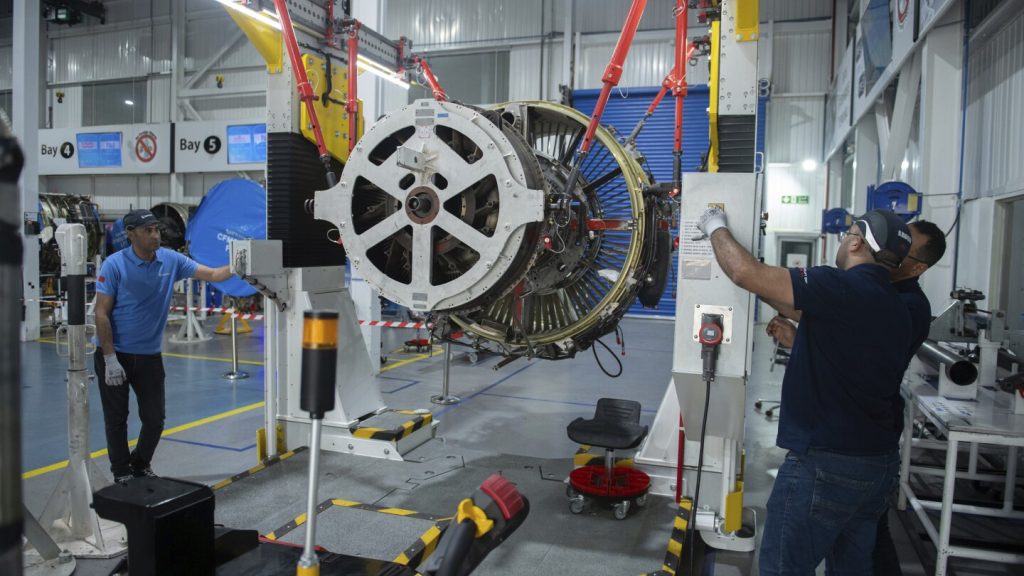Morocco is aiming to become an aviation hub, attracting investors looking to expand their supply chains to countries with available and affordable workers. The country is competing with other nations in a bid to secure contracts with major manufacturers like Boeing and Airbus who are seeking to increase production to meet growing demand. Moroccan officials are working to grow the country’s $2 billion-a-year aerospace industry as part of a broader effort to transform its economy from agrarian to industrial, with a focus on subsidizing manufacturers of planes, trains, and automobiles. This push aligns with efforts to develop Moroccan airlines, including the state-owned Royal Air Maroc.
Despite the potential for growth, the aviation industry is facing challenges. Following a pause in air travel during the pandemic, manufacturers are struggling to keep up with demand from airlines. Boeing, in particular, has faced delays due to supply chain issues, as well as setbacks from emergencies and crashes that have impacted deliveries. The surge in demand has led manufacturers to seek new locations for production and repair of parts, with companies across Eastern Europe and Southeast Asia looking for opportunities to expand their operations.
In Morocco, there are 130 companies in the aerospace sector, producing a range of parts from wings to fuselages. The industry in Morocco employs a considerable number of women, making up 42% of the workforce, which is a higher proportion compared to European and North American manufacturing industries. While some companies may see Morocco as a source of cheap labor, efforts have been made to train skilled workers at the Institute for Aeronautics Professions in Casablanca. This training ensures that the workforce is well-equipped to meet the demands of the industry and contribute to its growth.
Safran Aircraft Engines, a French manufacturer, is one example of a company active in Morocco, sending engines for Boeing and Airbus planes to a repair plant outside of Casablanca. The repaired engines are then sent to airlines in various countries, showcasing Morocco’s role in the global supply chain for aerospace components. Safran CEO Jean-Paul Alary expressed optimism about the future of Morocco’s aviation industry, emphasizing the importance of well-trained talent in achieving the sector’s goals. As demand for aircraft continues to rise, Morocco’s strategic location and skilled workforce position it as a key player in the global aviation market.
Overall, Morocco’s efforts to position itself as an aviation hub demonstrate the country’s commitment to economic diversification and industrial development. By attracting investment from major manufacturers and building a skilled workforce, Morocco aims to play a significant role in the global aerospace industry. As companies navigate challenges such as supply chain disruptions and labor shortages, Morocco offers a competitive advantage with its trained workforce and favorable business environment. The success of Morocco’s aviation industry will not only contribute to the country’s economic growth but also enhance its reputation as a key player in the global aviation market.


